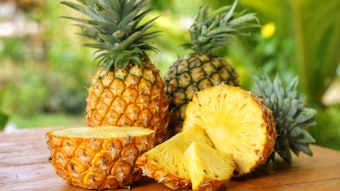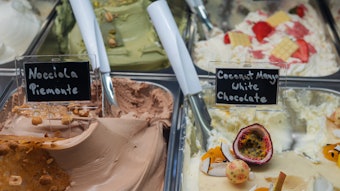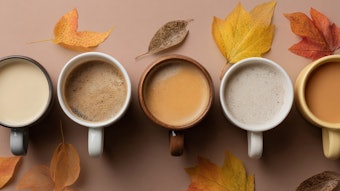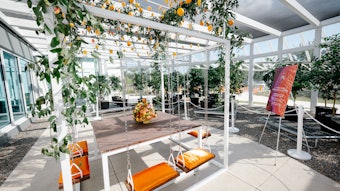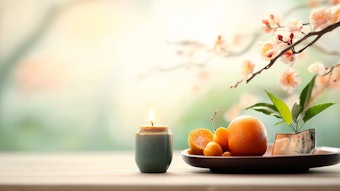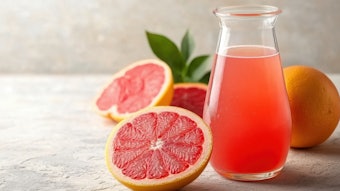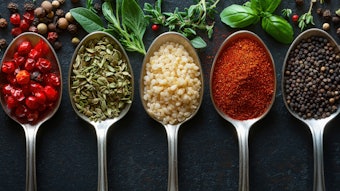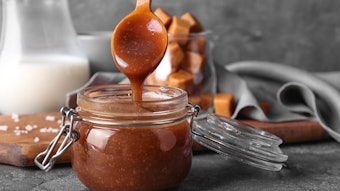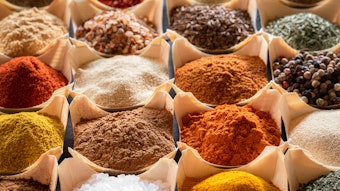
Gen Z consumers aged 21-26 are driving innovation in the beverage alcohol market, according to Circana.
These consumers tend to prefer sparkling wines and those with fruity or sweet notes.
Gen Z is especially drawn toward ready-to-drink (RTD) cocktails and hard seltzers, a category that has more than tripled since 2018, reaching $10.3 billion in sales in 2023.
According to Circana, variety packs stand out as the top-selling RTD format, outselling single-flavor packs.
Stability in the beverage alcohol market offers beverage marketers an opportunity to emphasize value, enhance in-store experiences and increase engagement through store apps and social media channels.
NielsenIQ reports that Gen Z say that social channels aren’t a huge influence on what alcohol they buy, but where they buy it.
Perfumer and Flavorist+ reached out to Scott Scanlon, EVP of alcoholic beverages for Circana to dig deeper into this consumer trend.
What sort of innovation in the beverage alcohol market is Gen Z looking for?
[SS]: We see some variation by subcategory in the BevAlc space, but the consistent desire is for flavor exploration. Gen Z is keen on flavors, Mexican-inspired, non-alc crossovers and hard teas in beer innovation. Premixed cocktails, seltzers and flavored extensions dominate new item preferences for spirits, while sweet/fruit flavors are preferred within wine innovation.
What is driving the shift from value to premium options in both the beer and wine categories?
[SS]: Value to premium trend remains in BevAl, specifically within beer and wine, but his trend accelerated with COVID as consumers realized they could drink “better” or higher quality alcohol for at-home consumption. Also, despite macro-economic concerns, largely in 2023, jobs remain healthy thus consumers treat themselves with “mini-vacations.”
